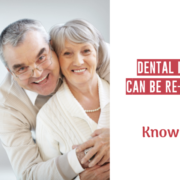When you think of dentures, the first thing that probably comes to mind is an old person. After all, what other group has more problems with their teeth as they age? If you’re not old yet and don’t plan on getting there any time soon, you might think that dentures aren’t something you need to worry about. But it’s never too early to start thinking about your future. In fact, the sooner you prepare for when your natural teeth no longer exist, the better off you’ll be later in life. Read on to learn more about dental dentures and why artificial teeth may be a good option!
What are Dental dentures?
Dentures are a type of oral appliance that replaces the teeth and gums, holding the surrounding soft tissues in place. You can think of them like a pair of false teeth that you put in your mouth to replace one or more of your natural teeth. Dentures are commonly made of acrylic resin, a plastic-like material. This material is porous, which allows it to move slightly when you eat, talk, and brush your teeth.
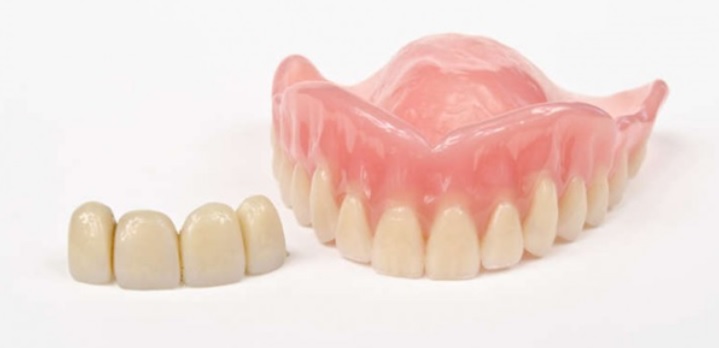
The dentures are held in place by suction created by your saliva, and by gum tissue. When dentures are secured properly, they are almost invisible and are designed to feel like natural teeth.
Dental denture teeth
Dentures are designed to fit around your gums, so the teeth on your false teeth will be different depending on the shape and size of your gums. If the gum area is shallow, the dentist may create a band of tissue around the gums, called a “flap,” to fit the dentures. The flap is then attached to the roof of the mouth, where it can grow new gum tissue.
Dentures can be made from a patient’s own teeth or from artificial teeth. If a person has a healthy set of teeth but none remain in the lower arch, the dentist may suggest using the upper teeth as a source of teeth for the lower arch. Teeth from the upper arch are usually larger than teeth from the lower arch, so there may be a need for adjustments to the size of the false teeth.
Why are dental dentures recommended?
The good news is that most people don’t lose all their teeth at once. The bad news is that, over time, even one tooth remaining in your mouth can become loose and may eventually fall out. When this happens, your dentist may recommend dental dentures. A dental hygienist will also give you a cleaning and check for signs of gum disease. If you’re missing teeth, there are more bacteria in your mouth that can cause infections and damage your gums. This includes bacteria that can lead to heart disease and diabetes.
Types of dental dentures
Full dentures – These are the most common type and are used when all of a person’s natural teeth are missing. Full dentures may be recommended as a way to improve your health and quality of life. For example, they can help you eat better and lose weight because they are easier to chew food with. They also help you to speak more clearly because you don’t have to worry about keeping your natural teeth in place.
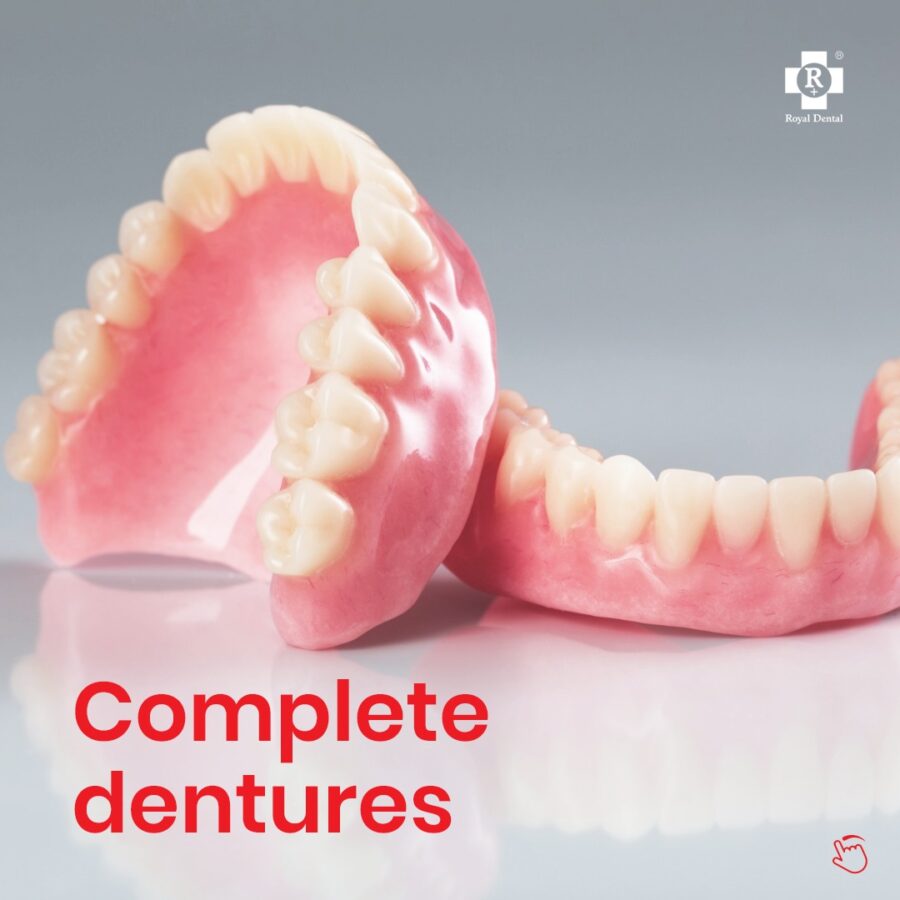
Partial dentures – These are used when only some of a person’s natural teeth are missing. Partial dentures are used to replace one or more missing teeth with artificial ones. Sometimes a partial denture is used with a bridge to replace more than one tooth.
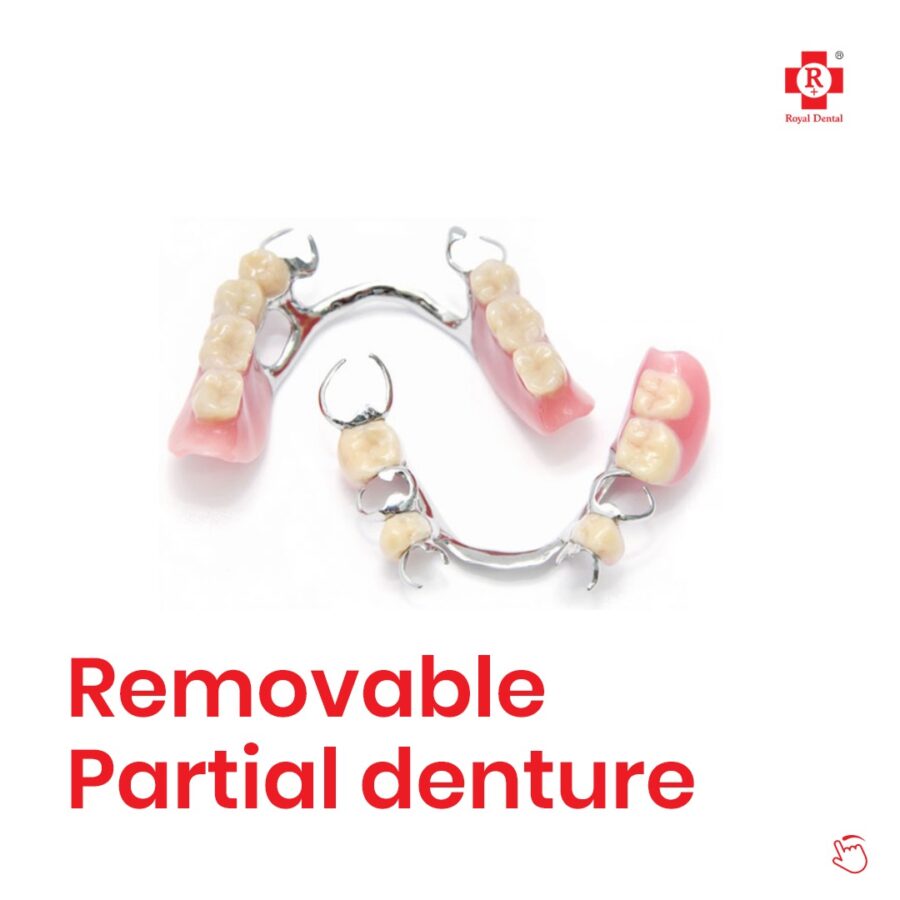
Implant-retained dentures – This one is often recommended for people who have all their teeth but want to replace missing teeth with dentures. This option is more expensive than other types of dentures, but it lasts longer because it remains attached to the jaw bone via an implanted post. A denture that is not attached to the jaw bone is held in place by suction and the gums can be less secure.
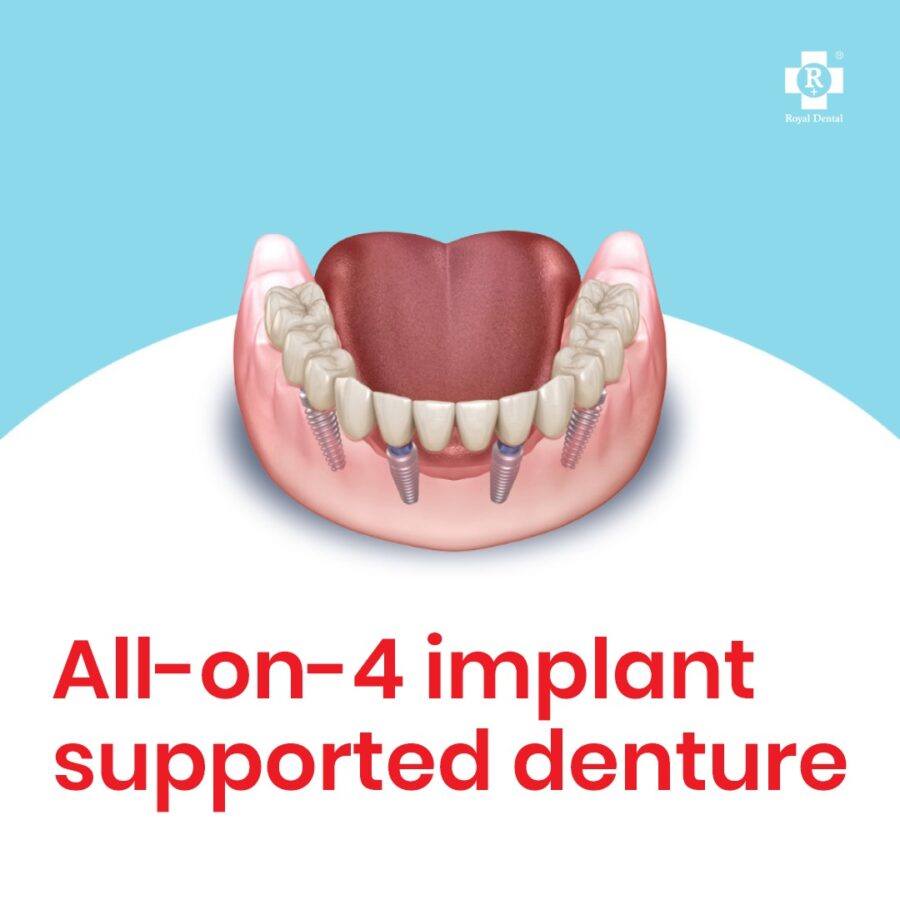
Pros of Dental Dentures
- You can eat what you want – People who are missing teeth sometimes have trouble chewing certain foods. But with dentures, you can eat just about anything you like.
- Less chance of disease – When you lose all your teeth, you’re at a higher risk for diseases, like diabetes and heart disease. A partial or full set of dentures can help reduce your risk.
- Better oral health – If you have all your teeth, you can take care of them with regular brushing and flossing. But people who have dentures also have to brush their gums, which aren’t easy to reach. If you have dentures, make sure you brush your gums every day to prevent disease and cavities.
Cons of dental dentures
- Cost – A new full set of dentures can cost up to $7,000, though many insurance plans cover some or all of the cost. Partial dentures cost less than full dentures, but they may have to be replaced every few years.
- Trouble chewing certain foods – Although dentures can help you chew many foods, some foods are harder to chew. For example, raw vegetables like carrots and celery are harder to chew with dentures.
- Speech problems – When you talk with dentures, you may have trouble pronouncing certain letters, such as “s,” “t,” and “l.” This is called a bad bite and happens because teeth are slightly different sizes. A bad bite may happen when you first get dentures but can usually be fixed with a small adjustment.
- Less attractive smile – A full set of dentures can change the shape of your face and make you look older. A partial set may look better, but it doesn’t always fit right or stay in place.
Conclusion
Dentures are a surprisingly common solution to missing teeth. They’re recommended when all of your teeth are missing or are in bad shape, and can be an affordable way to replace them. Dentures come in various types and can be made from your own teeth or artificial teeth. They can help you eat better, have fewer diseases, and be less self-conscious about your smile. Now that you know more about dental dentures, you can start thinking about what types of dentures are best for you. There are many types of dentures, and each one has its own advantages and disadvantages. Pick the one that sounds best for you, and you’ll be ready for whatever life throws at you.


